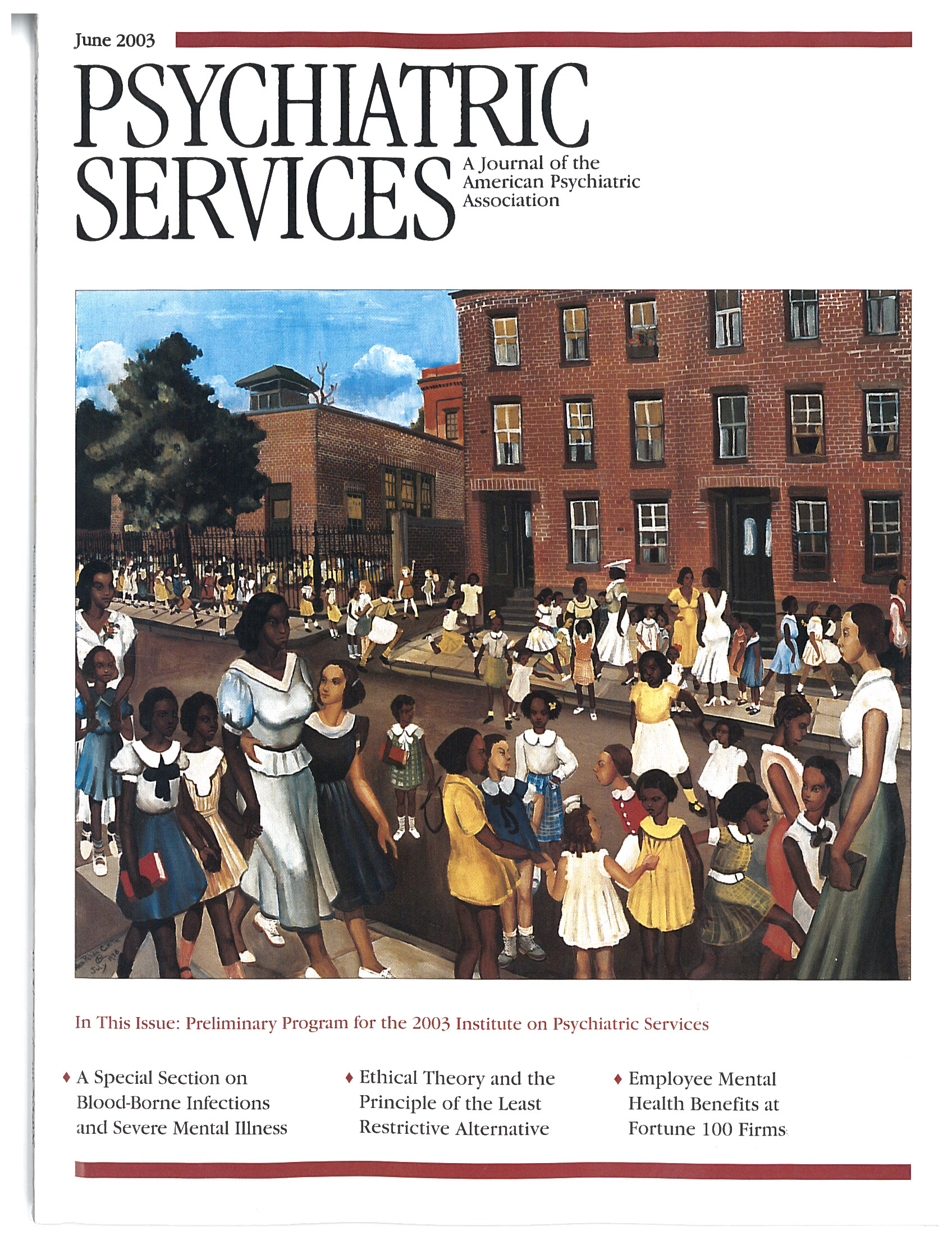A Comparison of Gynecological Variables and Service Use Among Older Women With and Without Schizophrenia
Abstract
Gynecological variables and service use were examined in a sample of 65 older women outpatients who had schizophrenia and in a control group of 51 women who were not known to have a psychiatric diagnosis. The groups were similar in their age at menarche and at menopause, use of oral contraceptives, and number of pregnancies and births. The groups differed in their receipt of several gynecological services; women with schizophrenia were less likely to have received mammograms or pelvic examinations and Pap tests or to have ever been prescribed hormone replacement therapy. These results suggest that women with schizophrenia receive fewer gynecological services than other women. Interventions at the patient, provider, and system levels may be needed to address this disparity in service use.



